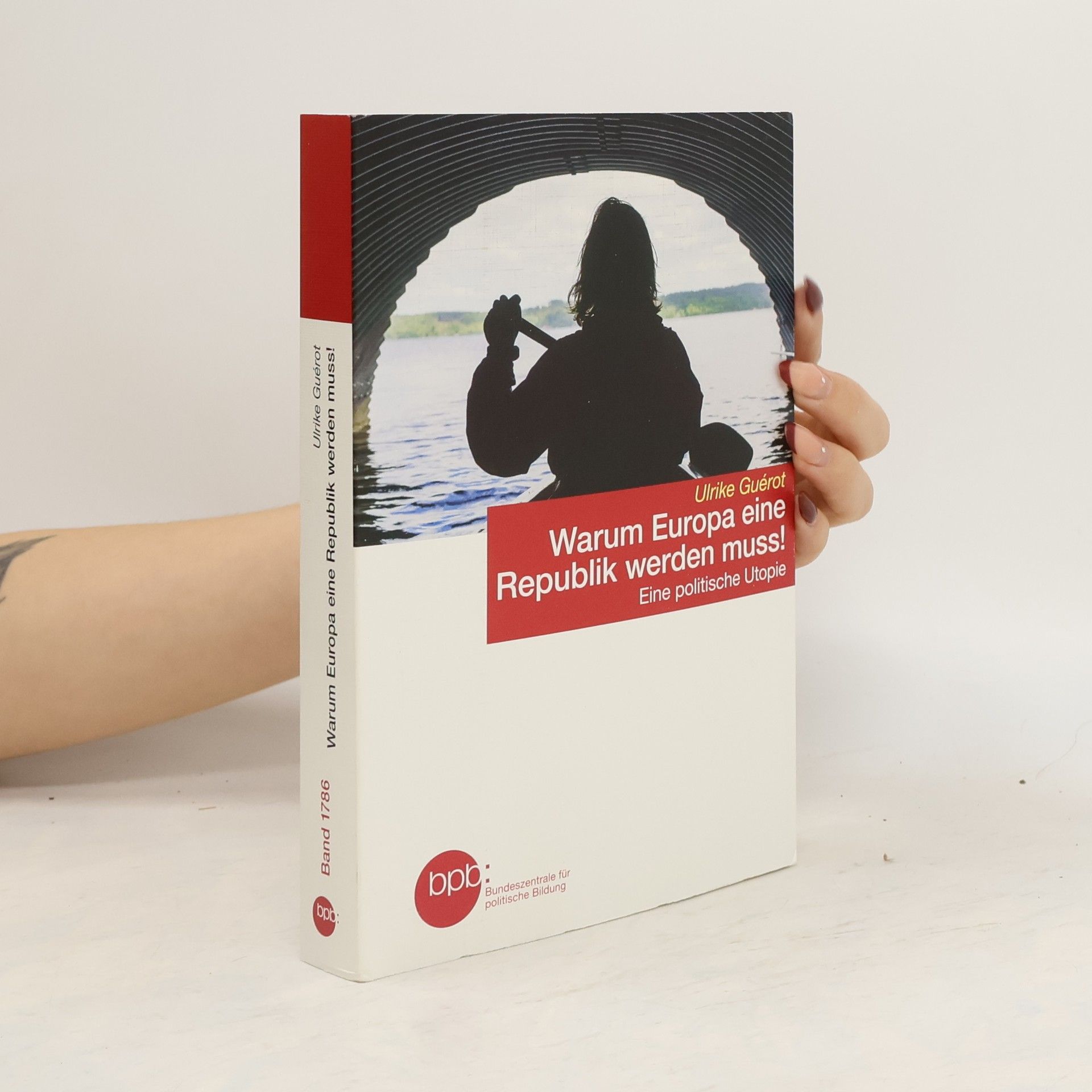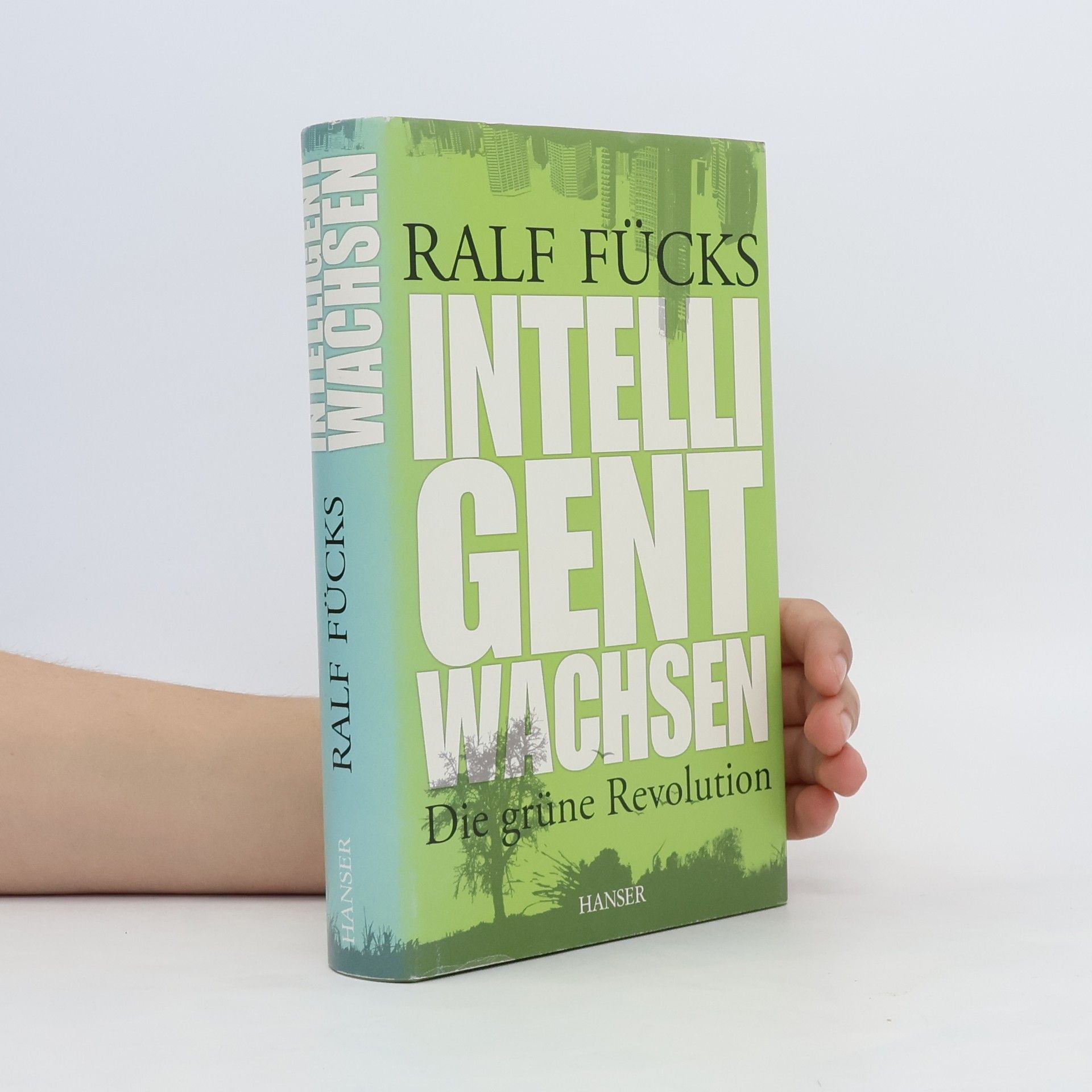Planet of Slums
- 228pagine
- 8 ore di lettura
According to the United Nations, more than one billion people now live in the slums of the cities of the South. In this brilliant and ambitious book, Mike Davis explores the future of a radically unequal and explosively unstable urban world.From the sprawling barricadas of Lima to the garbage hills of Manila, urbanization has been disconnected from industrialization, even economic growth. Davis portrays a vast humanity warehoused in shantytowns and exiled from the formal world economy. He argues that the rise of this informal urban proletariat is a wholly original development unforeseen by either classical Marxism or neoliberal theory.Are the great slums, as a terrified Victorian middle class once imagined, volcanoes waiting to erupt? Davis provides the first global overview of the diverse religious, ethnic, and political movements competing for the souls of the new urban poor. He surveys Hindu fundamentalism in Bombay, the Islamist resistance in Casablanca and Cairo, street gangs in Cape Town and San Salvador, Pentecostalism in Kinshasa and Rio de Janeiro, and revolutionary populism in Caracas and La Paz. Planet of Slums ends with a provocative meditation on the “war on terrorism” as an incipient world war between the American empire and the new slum poor.



